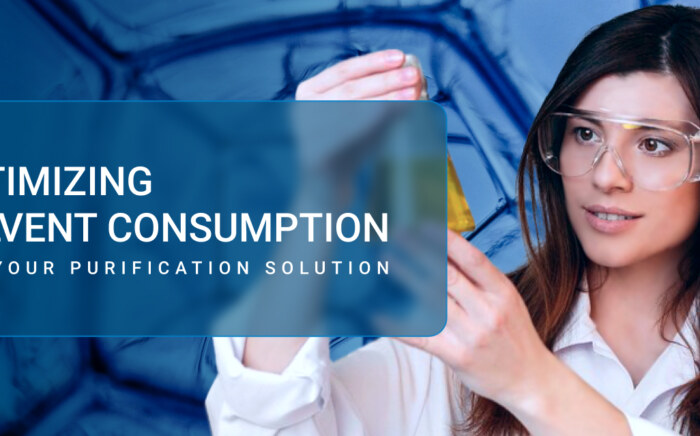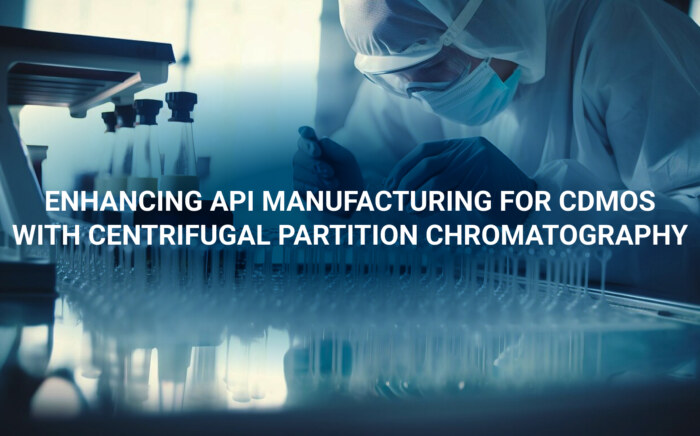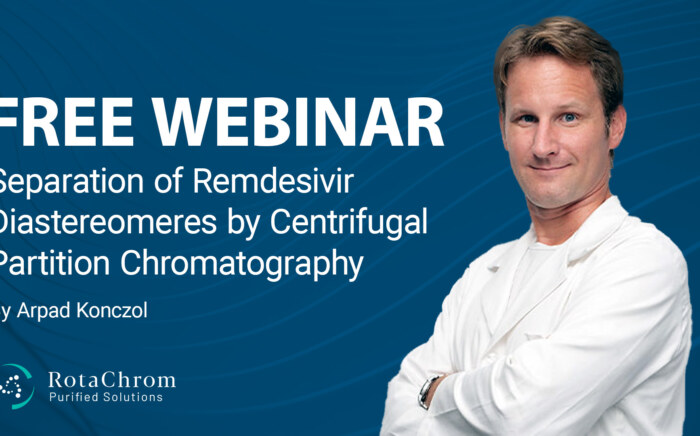Increasing separation efficiency by pH adjustment in Centrifugal Partition Chromatography
NewsDOWNLOAD YOUR FREE GUIDE FOR cGMP-COMPLIANCE.
Click here and download your brochure containing even more in-depth knowledge about cGMP compliance and learning how you can update your current purification setup for GMP.
GMP, which stands for Good Manufacturing Practice, is a set of regulations established by the US Food and Drug Administration (FDA) under the authority of the Federal Food, Drug, and Cosmetic Act. These regulations have the force of law and are aimed at ensuring that manufacturers, processors, and packagers of drugs, medical devices, some food, and blood take proactive steps to ensure that their products are safe, pure, and effective.
Goals of GMP
The primary goal of the regulations is to implement a quality approach to manufacturing, which enables companies to minimize or eliminate instances of contamination, mixups, and errors. This is important because it protects consumers from purchasing products that are not effective or even dangerous. Failure of firms to comply with the regulations can result in serious consequences, including recall, seizure, fines, and even imprisonment.
Regulations of GMP
GMP regulations cover a wide range of topics, including record-keeping, personnel qualifications, sanitation, cleanliness, equipment verification, process validation, and complaint handling. While the requirements are general and open-ended, they must be interpreted and implemented in a manner that makes sense for each individual business. This provides flexibility for manufacturers, but also means that they must stay up-to-date with the latest technologies and systems to comply with the regulations.
And what is cGMP?
As technologies and systems change over time, GMP regulations also evolve to reflect current best practices. This is why GMP is sometimes referred to as “cGMP,” with the “c” standing for “current.” Manufacturers are reminded that they must employ up-to-date technologies and systems to prevent contamination, mixups, and errors. What may have been considered adequate 20 years ago may no longer be sufficient by current standards.
GMP regulations play a critical role in ensuring the safety and efficacy of products that are consumed or used by the public. They provide a framework for manufacturers to operate within and a set of guidelines to ensure that their products are of high quality, safe, and effective.
RotaChrom’s GMP Device
RotaChrom designed a centrifugal partition chromatography (CPC) device, called the GMP rCPC. The GMP rCPC is RotaChrom’s liquid-liquid centrifugal partition chromatography (CPC) platform, designed to adhere to GMP regulations. The platform is designed and qualified according to Eudralex Vol. 4.
The rCPC platform can be used for API-grade compound production and pilot-scale purification and research tasks in a pharmaceutical environment. It is possible to collect up to 9 COI fractions and 1 Impurity fraction.
The GMP rCPC comes with material certification and traceability for all parts of the equipment:
- All wetted stainless-steel components conform to AISI 316L SS with EN 10204 3.1. material certificates.
- Inner surface roughness is Ra≤0,8 µm.
- All other wetted components come with FDA 21 CFR 177.2600 certificates, which is a must for pharmaceutical production.
The GMP rCPC has its own cleaning validation and cleaning process, and comes with a software solution with qualification and testing documents available that are designed for FDA 21 CFR part 11 and GAMP 5 compliance.
Further Resources
To learn more about CPC and chromatography in general, click any of the links below.
Sections of this post were based on this article from ISPE:
https://ispe.org/initiatives/regulatory-resources/gmp/what-is-gmp



